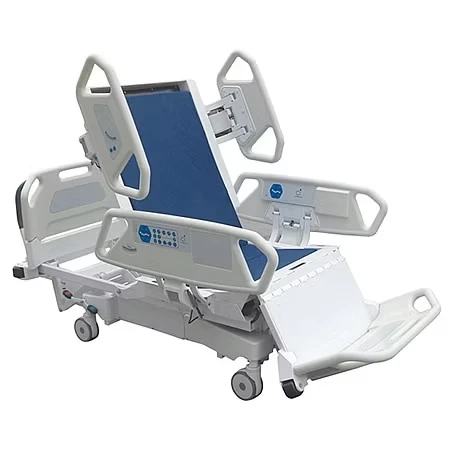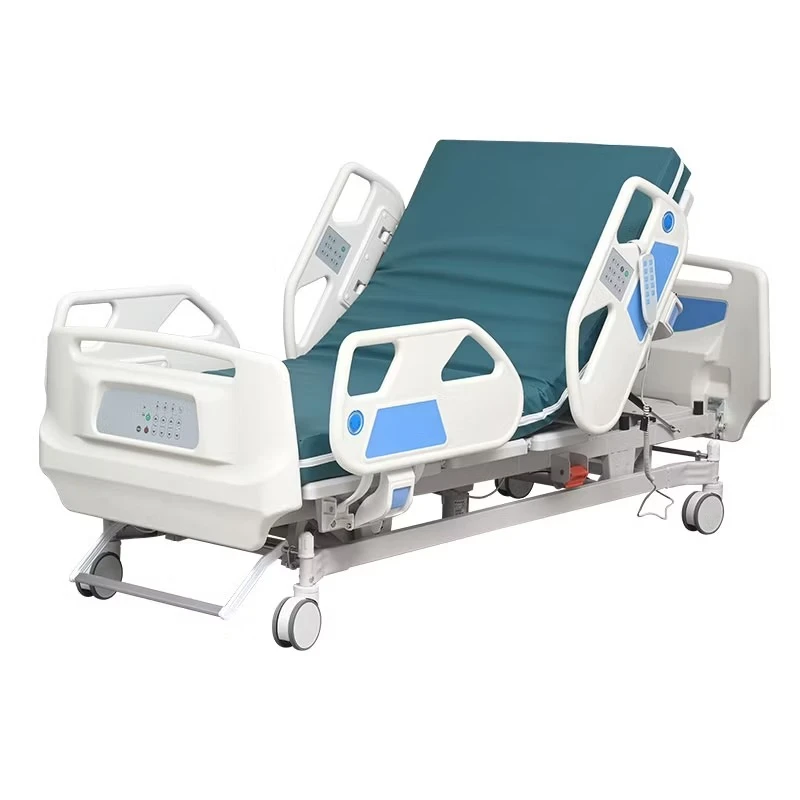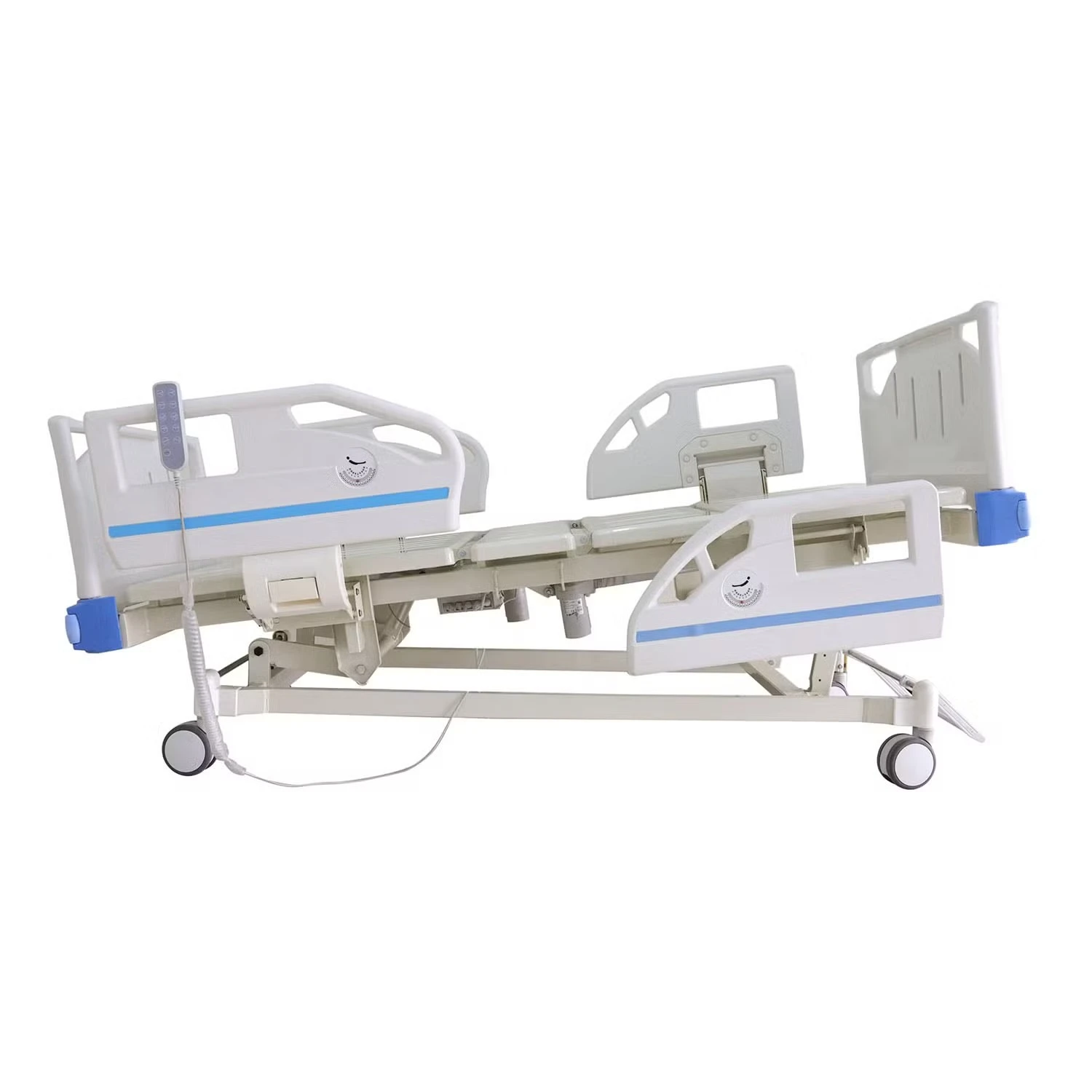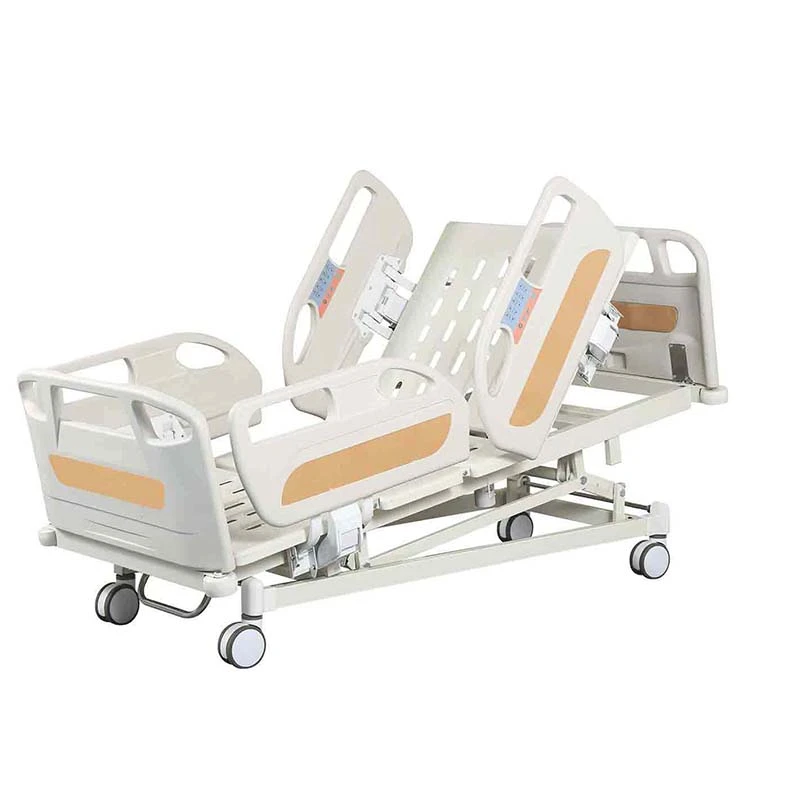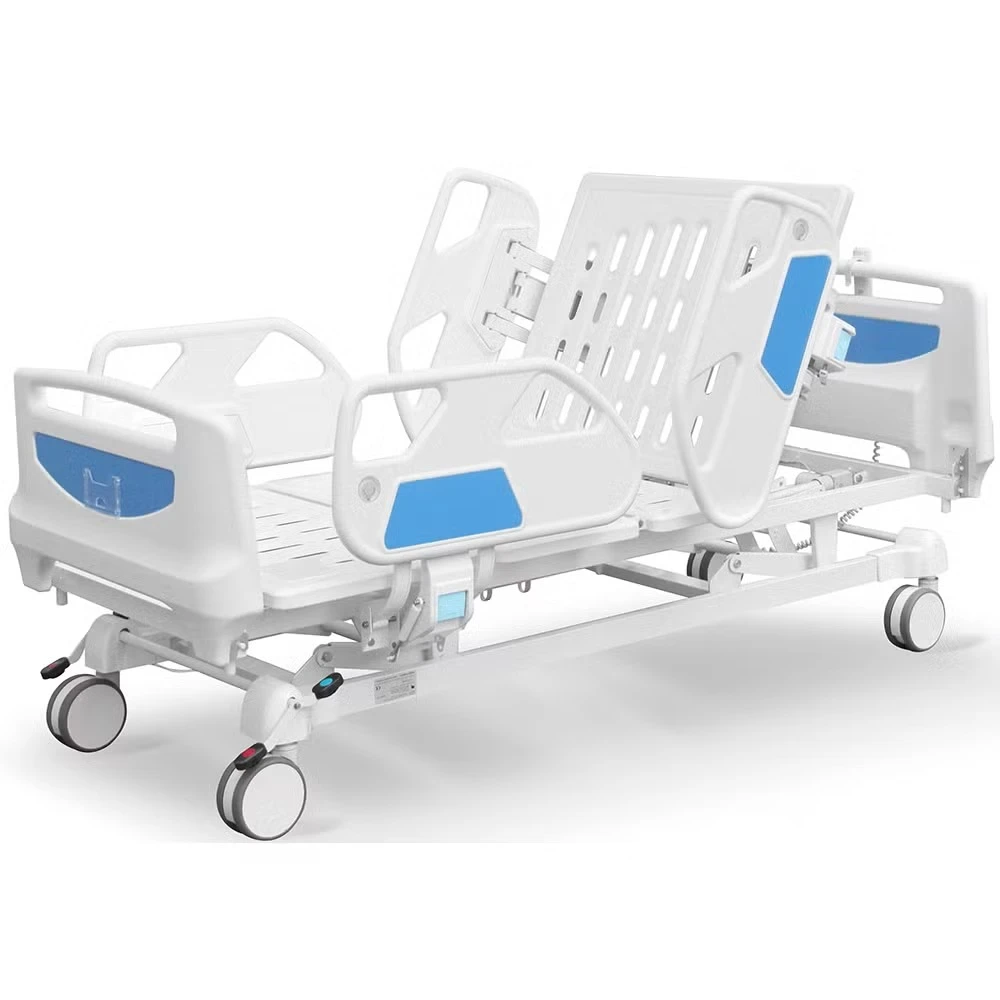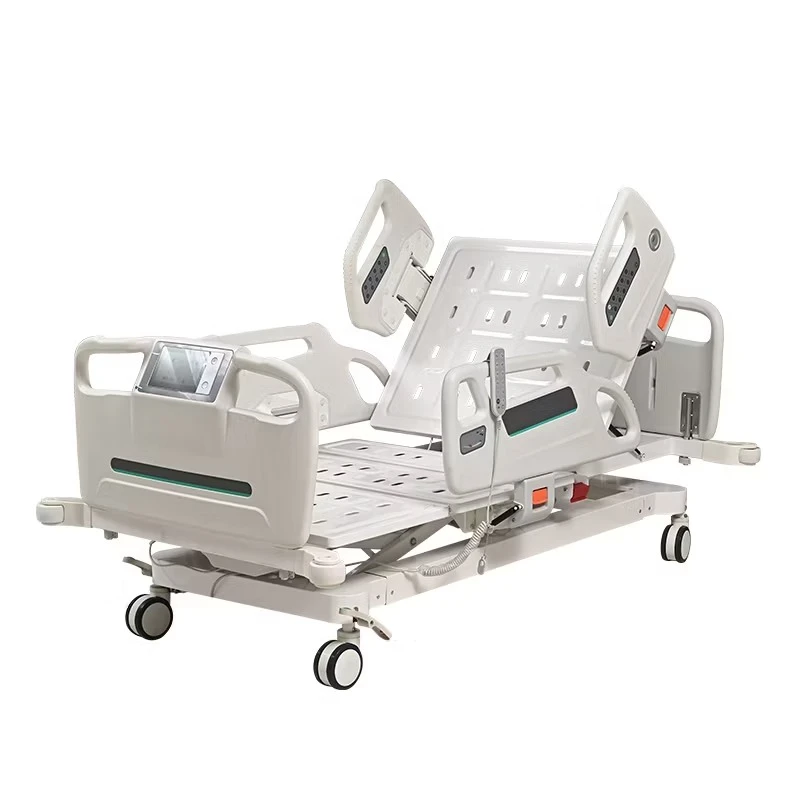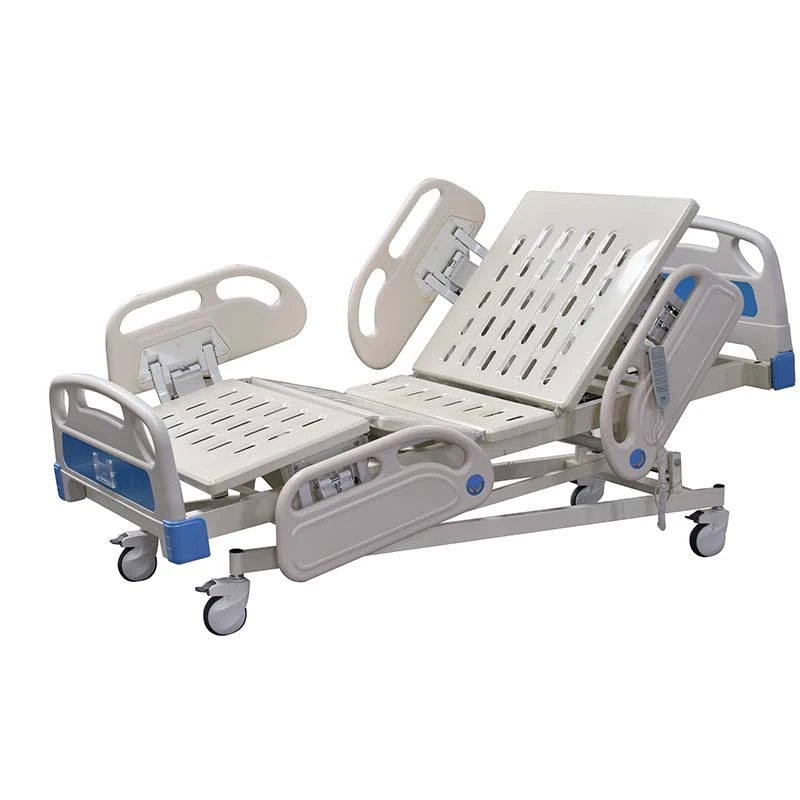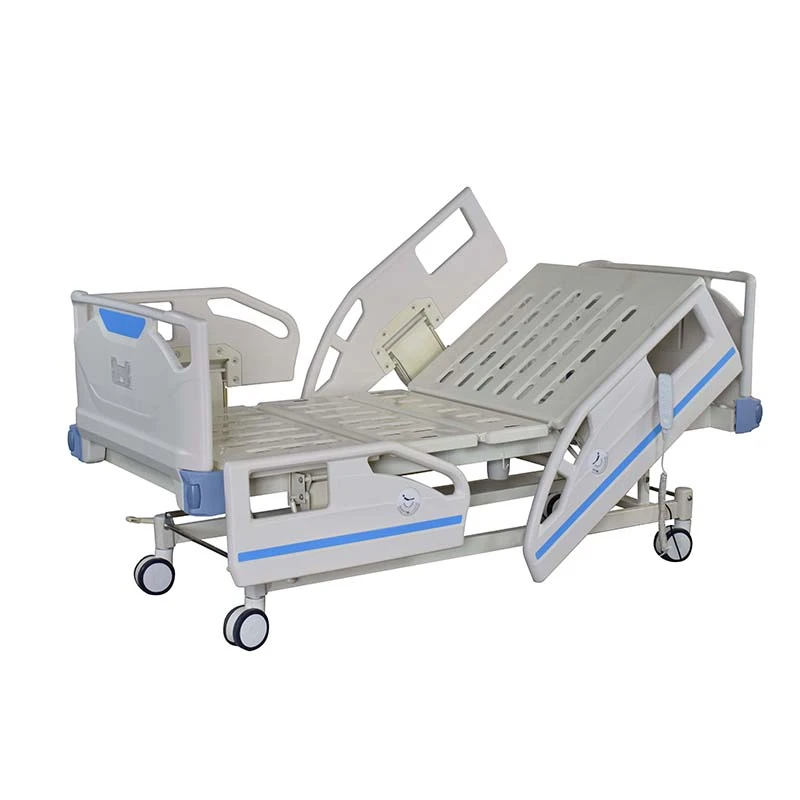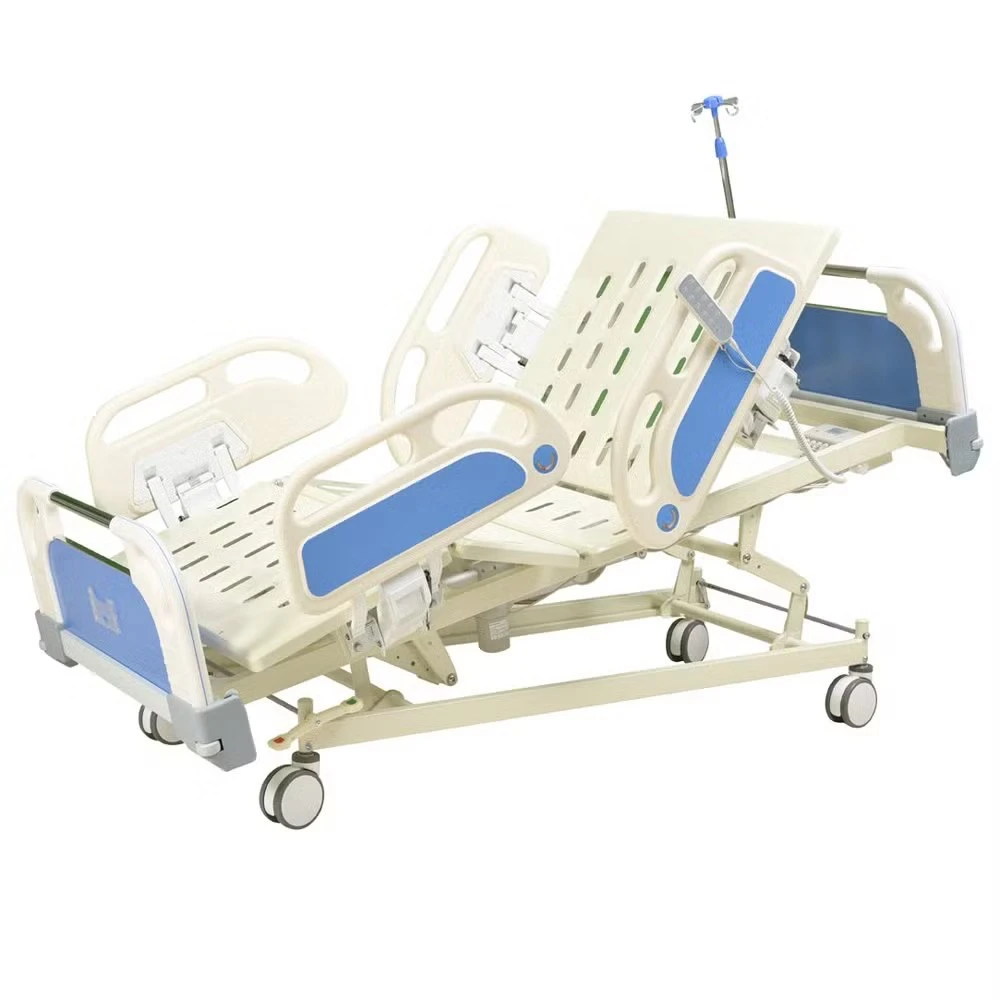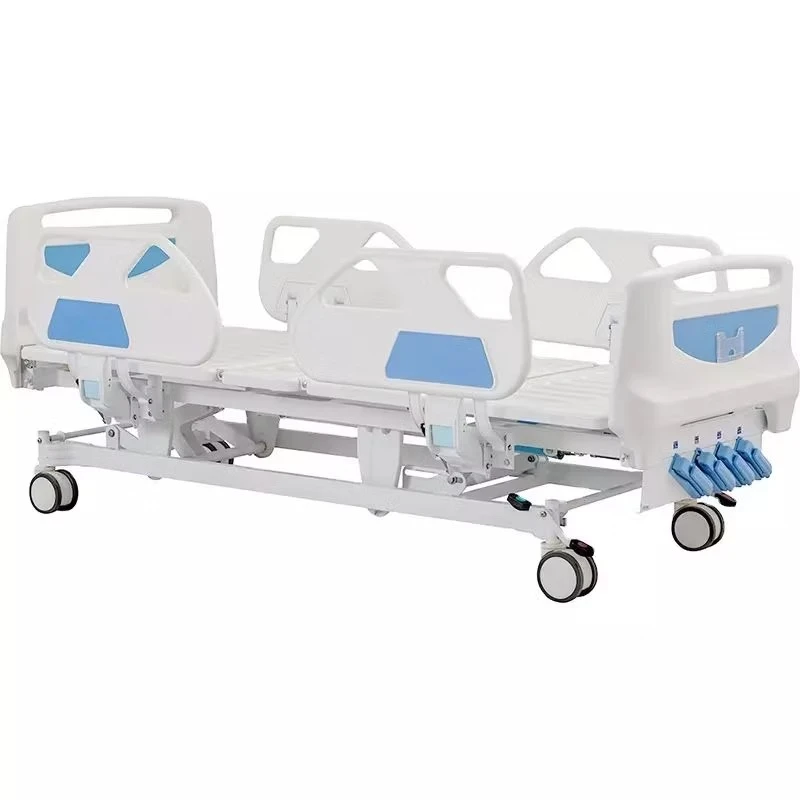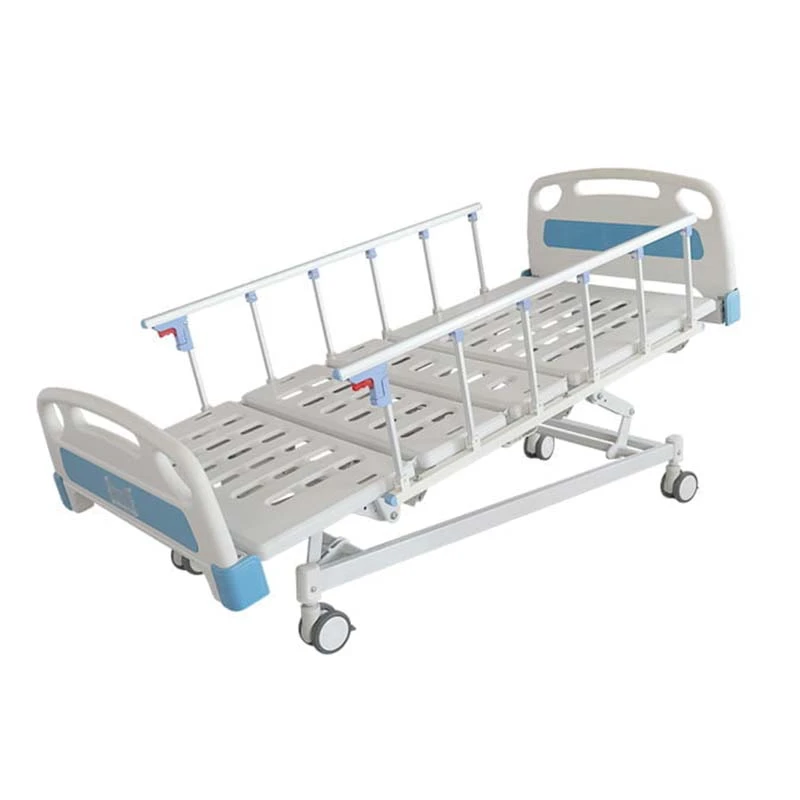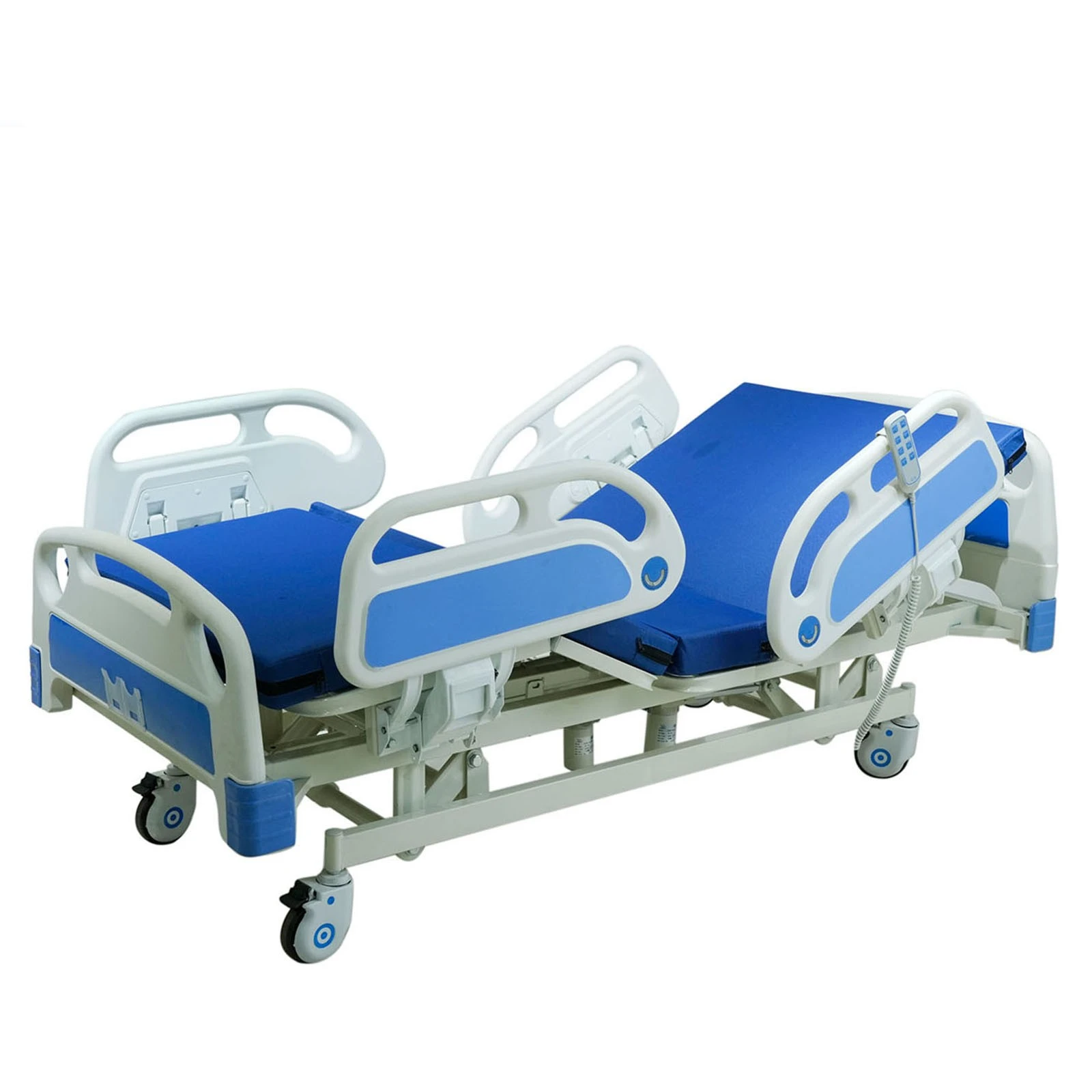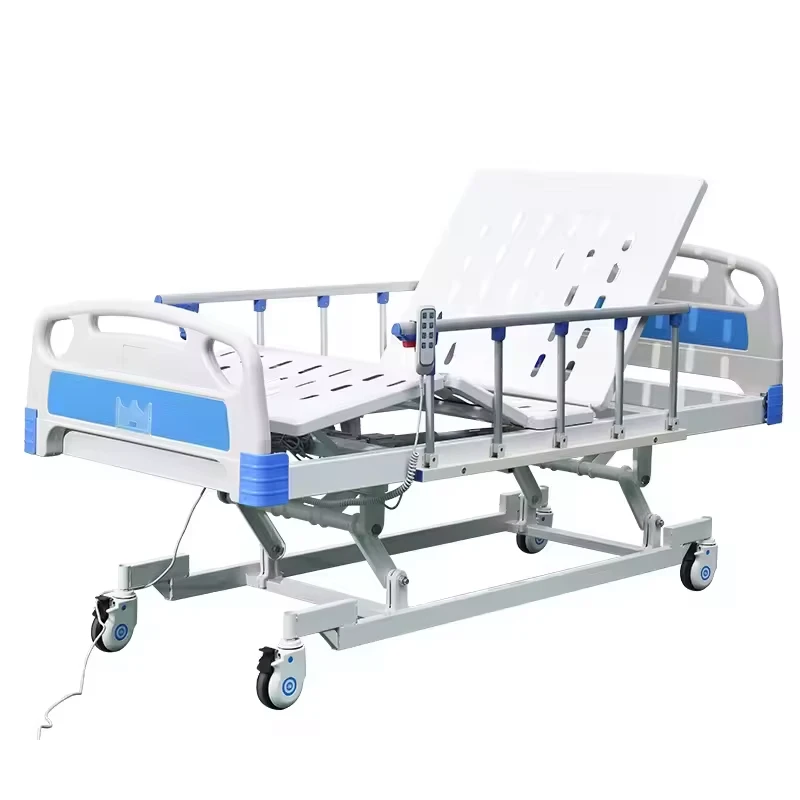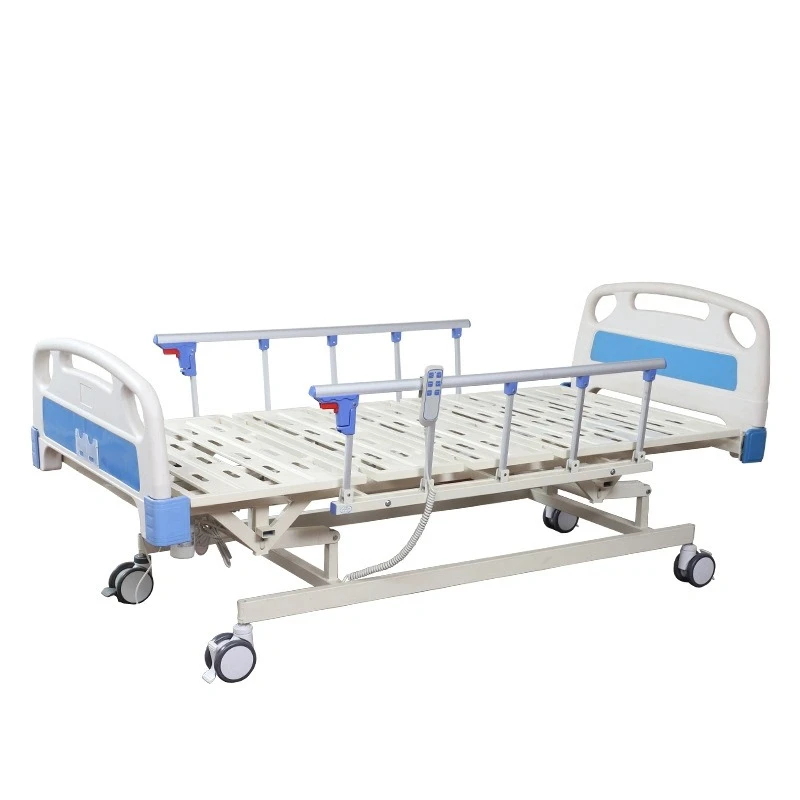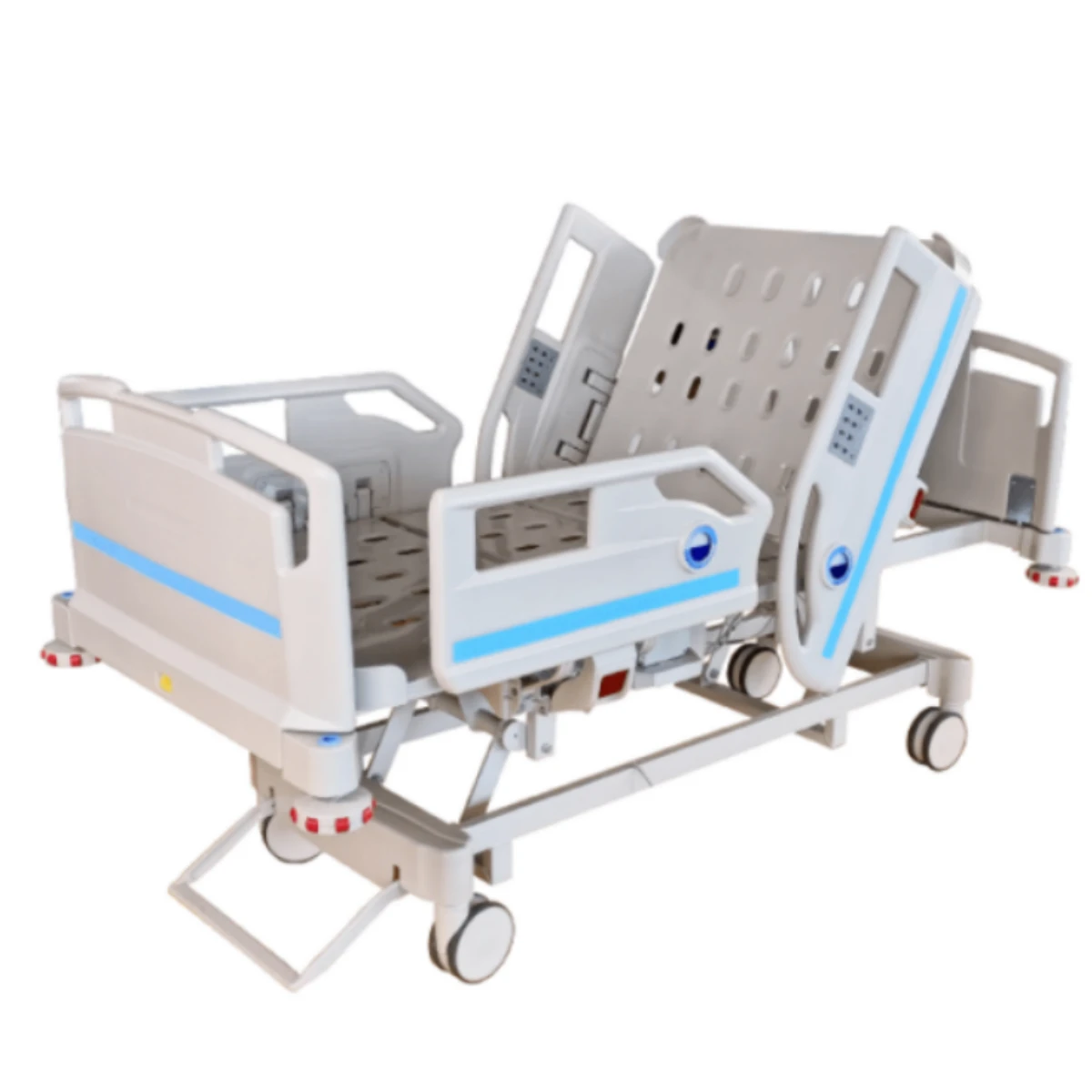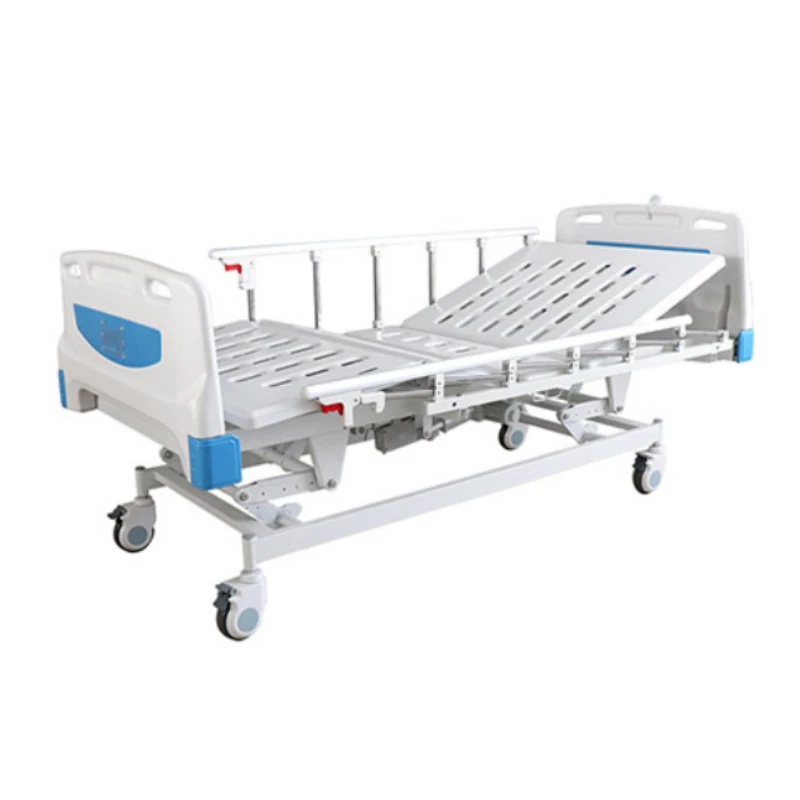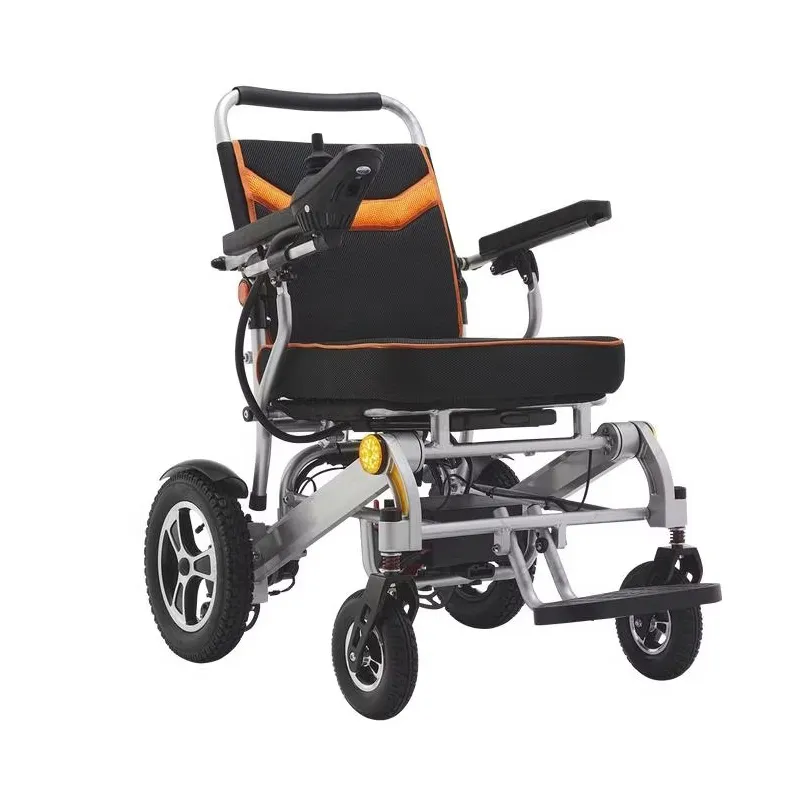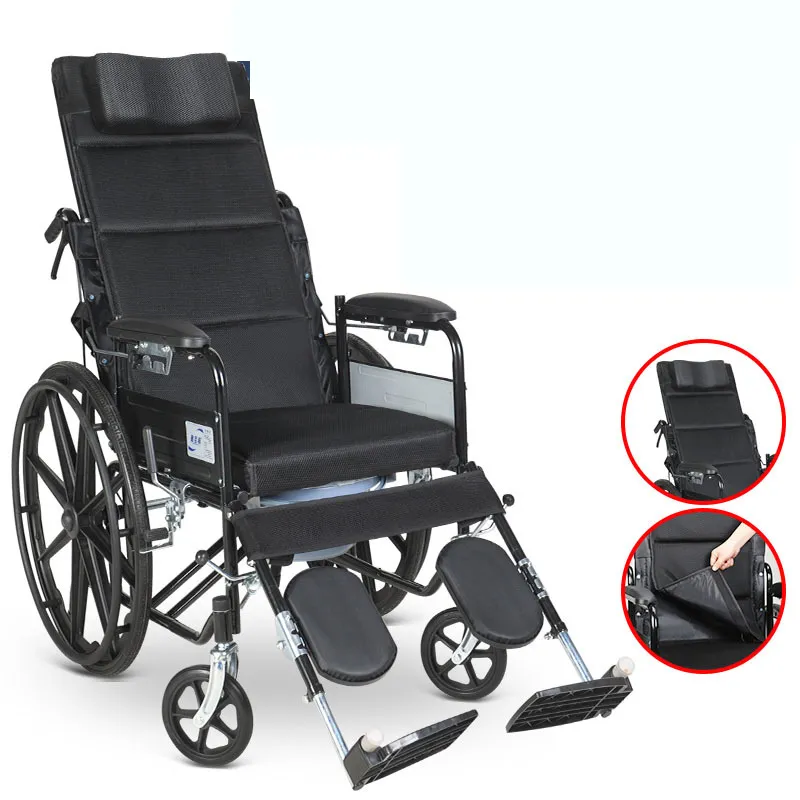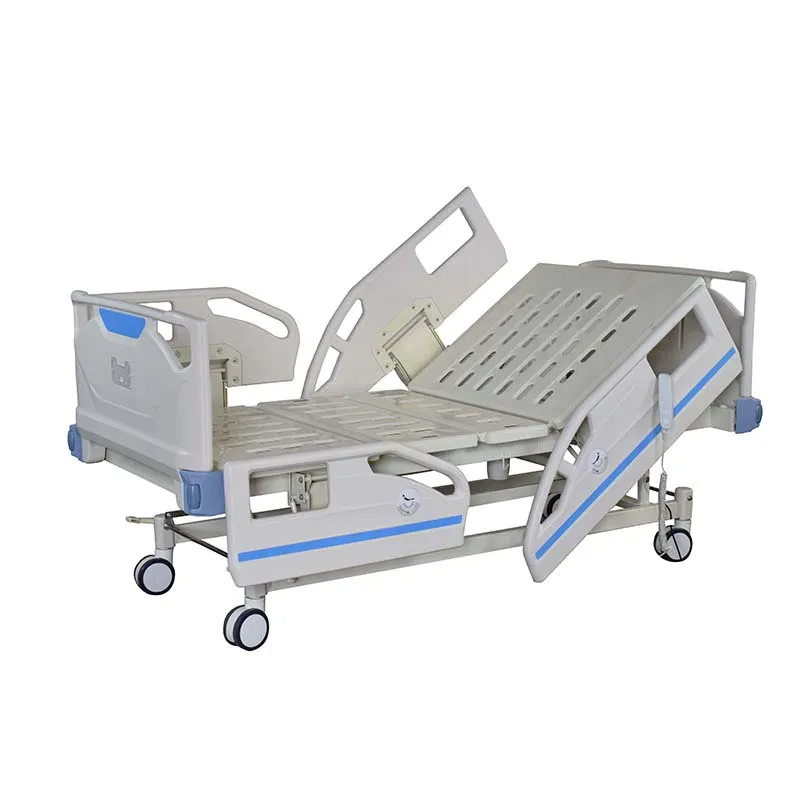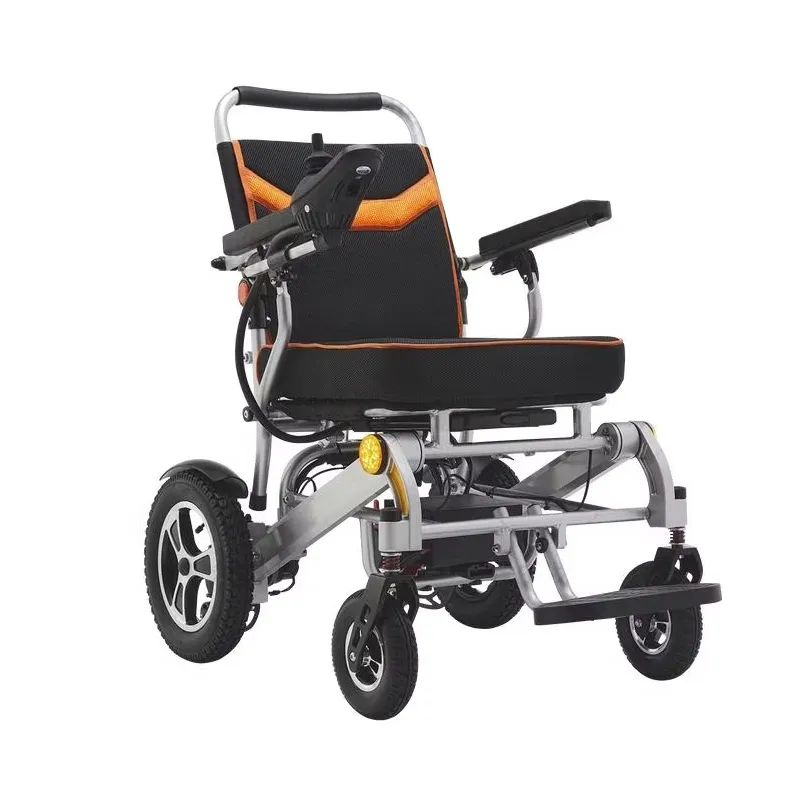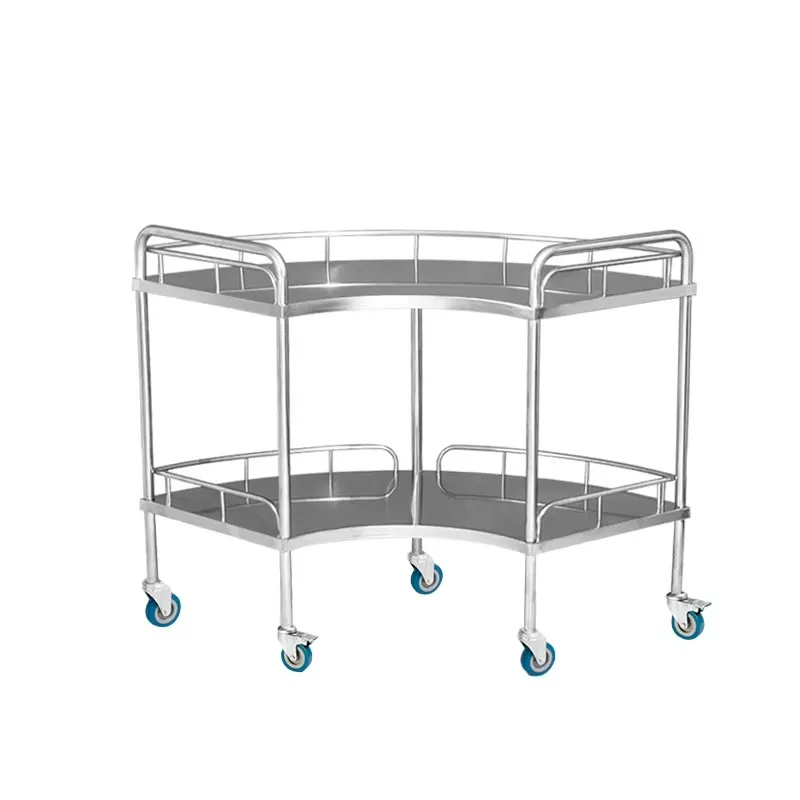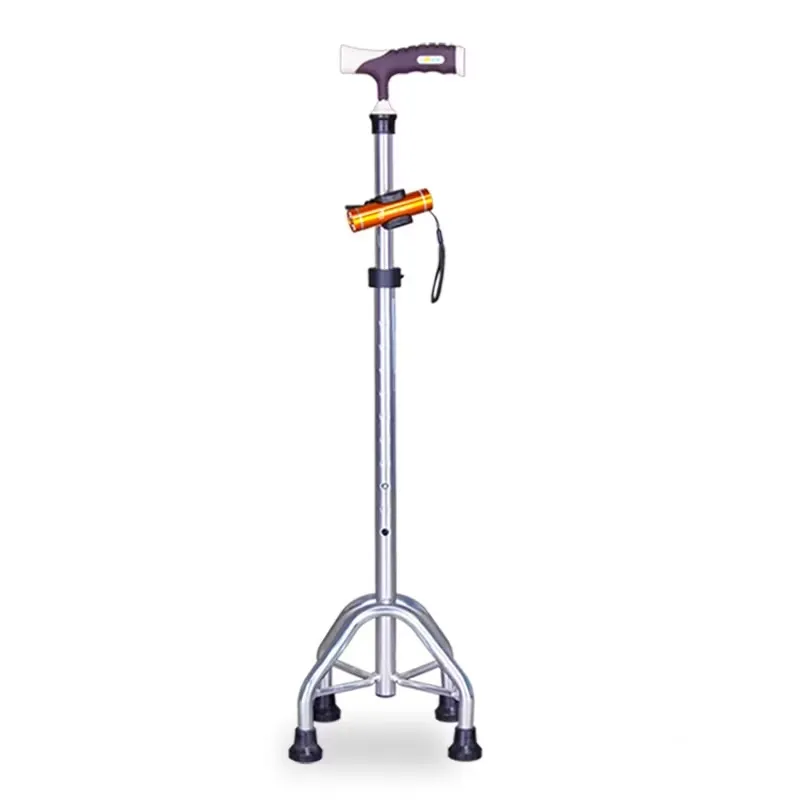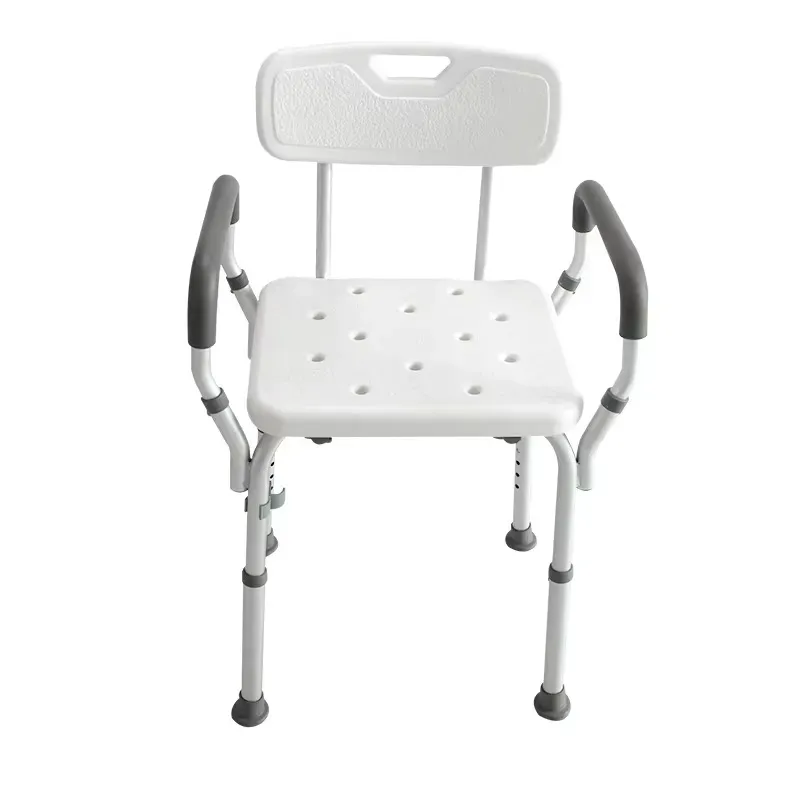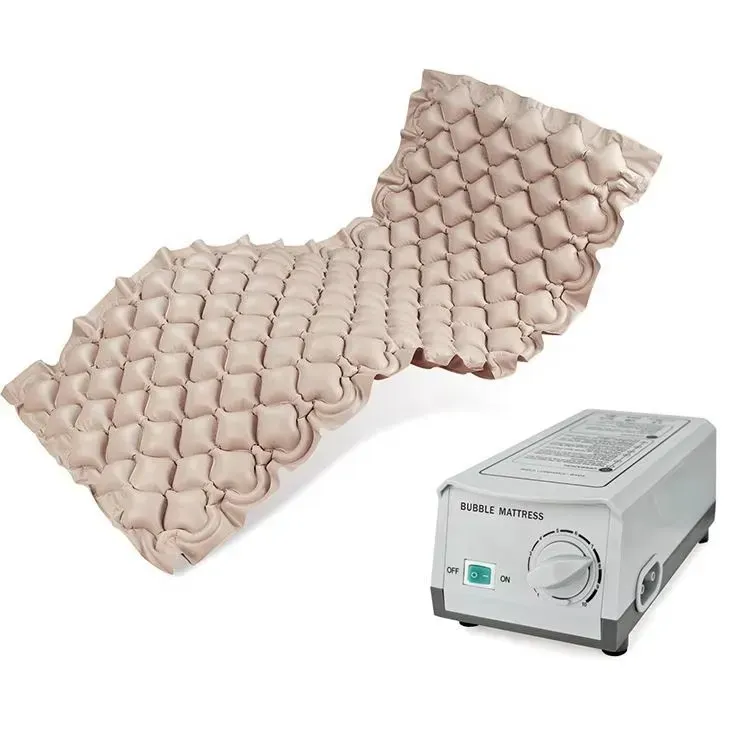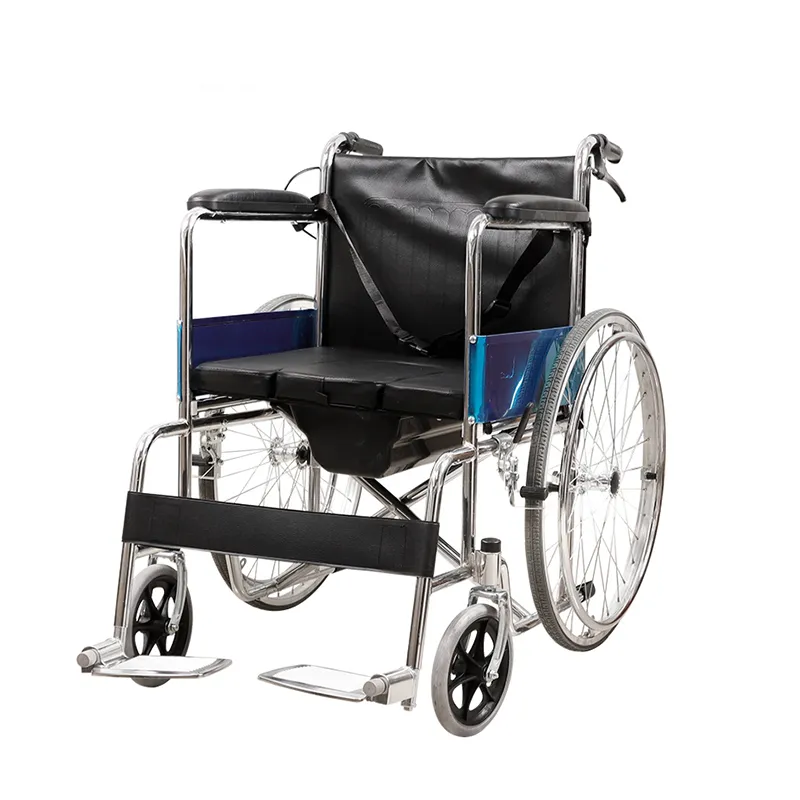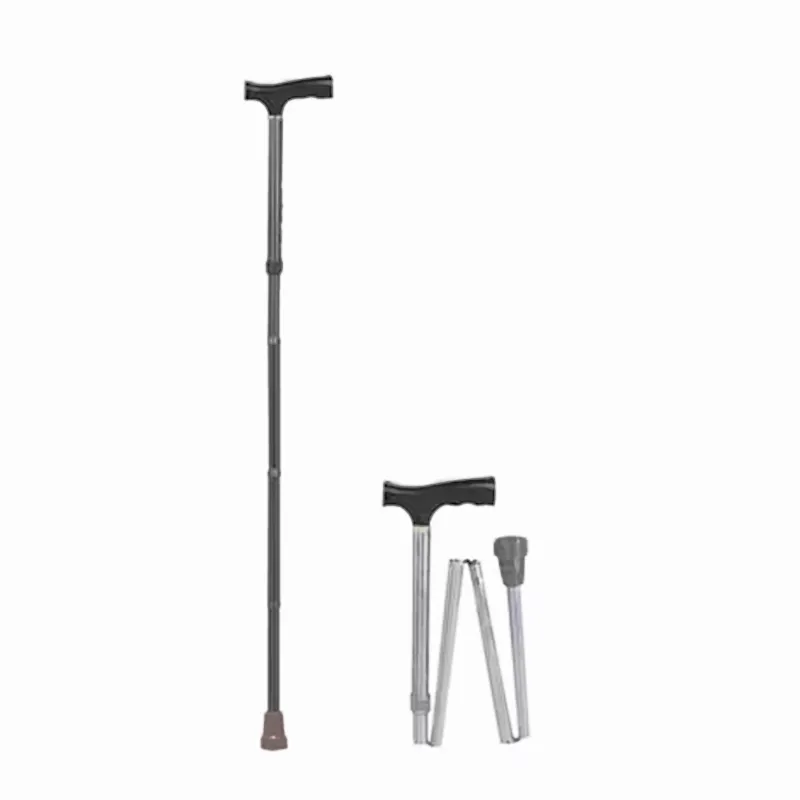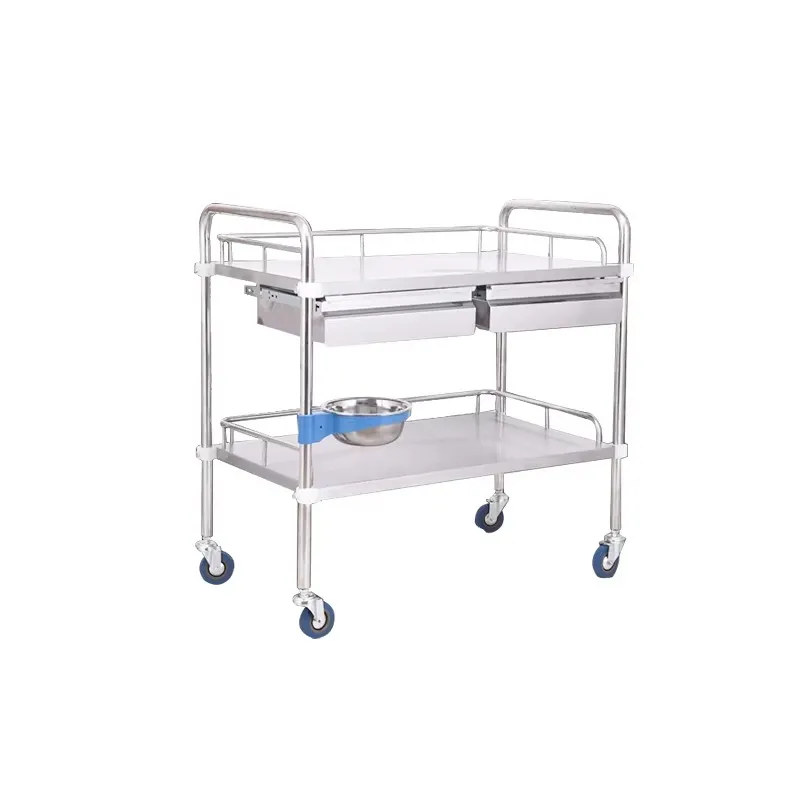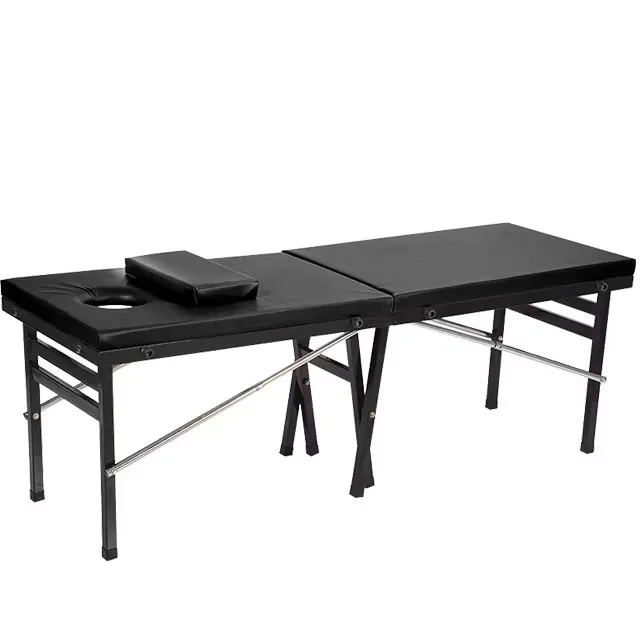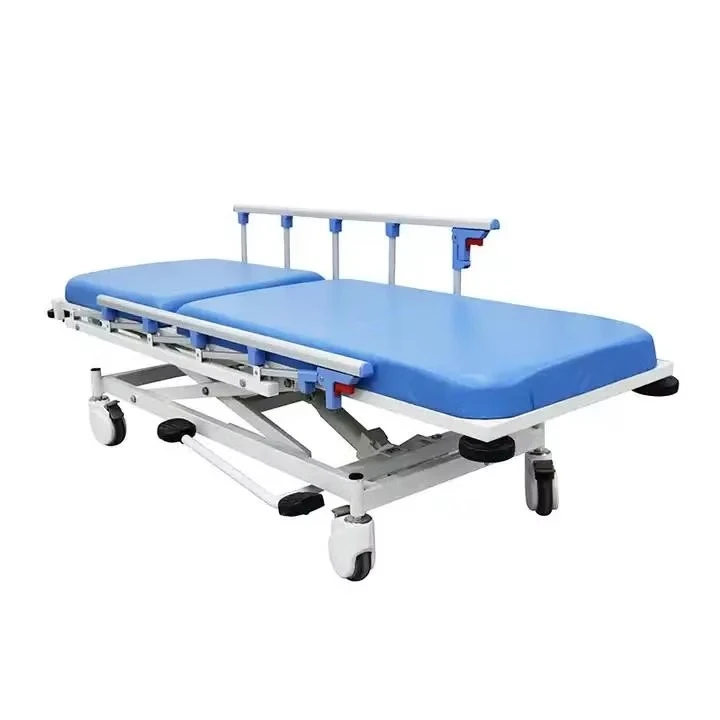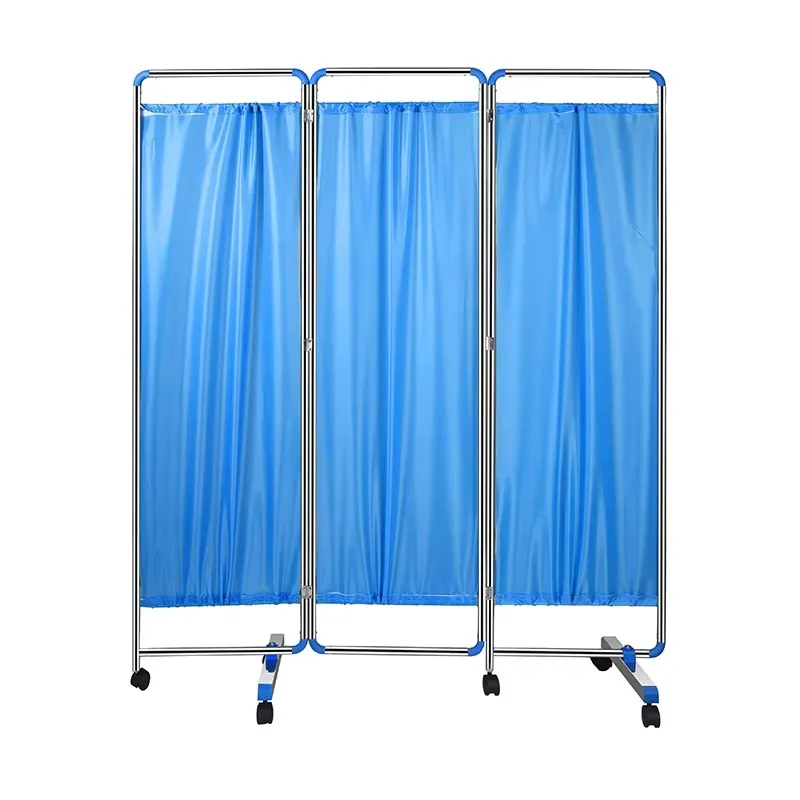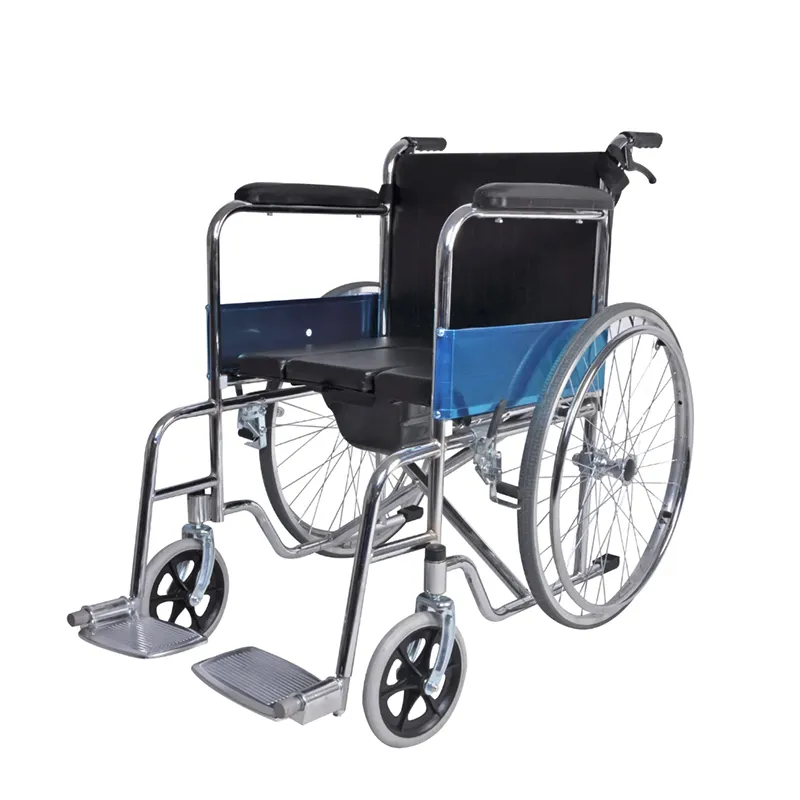Compact Folding Manual Wheelchair - Portable & Durable
Navigating the Modern Landscape of Manual Wheelchairs
The global demand for mobility solutions continues to expand, driven by demographic shifts towards an aging population and increased awareness regarding accessibility. Within this dynamic sector, the folding manual wheelchair has emerged as a cornerstone product, offering an indispensable blend of portability, durability, and user independence. Modern innovations focus on enhancing material science, ergonomic design, and user-centric features, making these devices more adaptable to diverse living conditions and travel requirements. This evolution reflects a broader industry trend towards personalized healthcare solutions that empower individuals to maintain active lifestyles. Manufacturers are increasingly integrating advanced manufacturing techniques to produce wheelchairs that are not only robust but also lightweight and easily maneuverable, catering to the nuanced needs of both end-users and caregivers.
Key market drivers include the rising prevalence of chronic conditions necessitating long-term mobility assistance, the expansion of rehabilitation services, and advancements in medical technology that improve product efficacy and user comfort. For B2B stakeholders, understanding these underlying market dynamics is crucial for strategic procurement and partnership development. The emphasis is shifting from mere functionality to comprehensive solutions that consider factors like storage, transport, and long-term cost-effectiveness. The integration of modular designs and customizable components further highlights this trend, allowing for greater flexibility in meeting specific patient requirements. This technical progression ensures that a folding manual wheelchair remains a vital component in modern healthcare infrastructures, supporting rehabilitation efforts and enhancing daily living for millions worldwide.
Technical Parameters and Core Specifications
When evaluating a folding manual wheelchair, a thorough understanding of its technical specifications is paramount for B2B procurement professionals. Critical parameters include frame material, which significantly impacts weight and durability, with steel offering exceptional robustness and cost-effectiveness, while aluminum provides lighter weight and corrosion resistance. Seat dimensions (width and depth) are vital for user comfort and proper posture support, typically ranging from 16 to 20 inches in width. Weight capacity, often between 250 lbs and 300 lbs for standard models, defines the maximum load the wheelchair can safely accommodate. Rear wheel size, commonly 24 inches for self-propulsion, and front caster size, usually 6 or 8 inches, affect maneuverability and obstacle navigation.
Further technical considerations include the type of armrests (fixed, detachable, flip-back), footrests (swing-away, elevating, detachable), and braking systems (push-to-lock, attendant brakes). The folded dimensions are a key determinant of portability and storage convenience, particularly for a foldable manual wheelchair designed for travel or compact living spaces. For instance, the Folding Steel Manual Wheelchair With Great Price (Product Name: Folding Steel Manual Wheelchair With Great Price) offers a robust steel frame ensuring longevity, while its folding mechanism simplifies transport. Understanding these specifications ensures alignment with specific application needs, from institutional use in hospitals to personal mobility aids for daily living.
Typical Folding Manual Wheelchair Specifications
| Parameter | Typical Range/Value | Significance for B2B |
|---|---|---|
| Frame Material | Steel (e.g., Q235, Carbon Steel) / Aluminum Alloy (6061) | Durability, Weight, Cost-effectiveness. Steel offers strength, aluminum offers portability. |
| Seat Width | 16" - 20" (40-50 cm) | User comfort and fit; impacts target user demographic. |
| Seat Depth | 16" - 18" (40-45 cm) | Proper seating posture and pressure distribution. |
| Weight Capacity | 250 - 300 lbs (113 - 136 kg) | Safety rating; crucial for patient diversity and liability. |
| Overall Weight | 30 - 45 lbs (13 - 20 kg) for steel; 25-35 lbs (11-16 kg) for aluminum | Ease of transport and lifting for caregivers. |
| Folded Dimensions (L x W x H) | Approx. 30"x12"x30" (76x30x76 cm) | Storage and transportation efficiency. |
| Rear Wheel Size | 24 inches (61 cm) | Self-propulsion efficiency and outdoor maneuverability. |
| Front Caster Size | 6-8 inches (15-20 cm) | Indoor maneuverability and obstacle clearance. |
| Brake Type | Push-to-lock / Attendant | User safety and caregiver assistance. |
Advanced Manufacturing Process and Quality Assurance
The production of a high-quality manual wheelchair involves a sophisticated multi-stage manufacturing process, emphasizing precision and adherence to stringent quality controls. The journey typically begins with material selection, where high-grade steel alloys, such as Q235 carbon steel for the Folding Steel Manual Wheelchair With Great Price, are chosen for their superior strength-to-weight ratio and fatigue resistance. This is followed by tube bending and forming, where specialized machinery precisely shapes the frame components. Advanced techniques like automated robotic welding are then employed to ensure strong, consistent joints, critical for the structural integrity and long-term durability of the wheelchair. CNC machining is often utilized for precision components such as axle mounts or braking mechanisms, guaranteeing exact fit and smooth operation.
Surface treatment, involving anti-corrosion coatings or powder coating, is a crucial step to enhance the longevity and aesthetic appeal of the steel frame, making it resistant to rust and wear in diverse environments, including humid or coastal regions. This also contributes to the extended service life, which typically exceeds five years under normal use conditions for well-manufactured steel models. Assembly follows, integrating wheels, seats, footrests, and braking systems. Each stage is subjected to rigorous quality inspection, adhering to international standards such as ISO 13485 for Medical Devices Quality Management Systems and ANSI/RESNA standards (e.g., ANSI/RESNA WC-1 for Wheelchairs). These protocols ensure that every manual wheelchair meets global benchmarks for safety, performance, and reliability before it reaches the end-user. The meticulous nature of this process minimizes defects and enhances the overall trust in the product's performance.
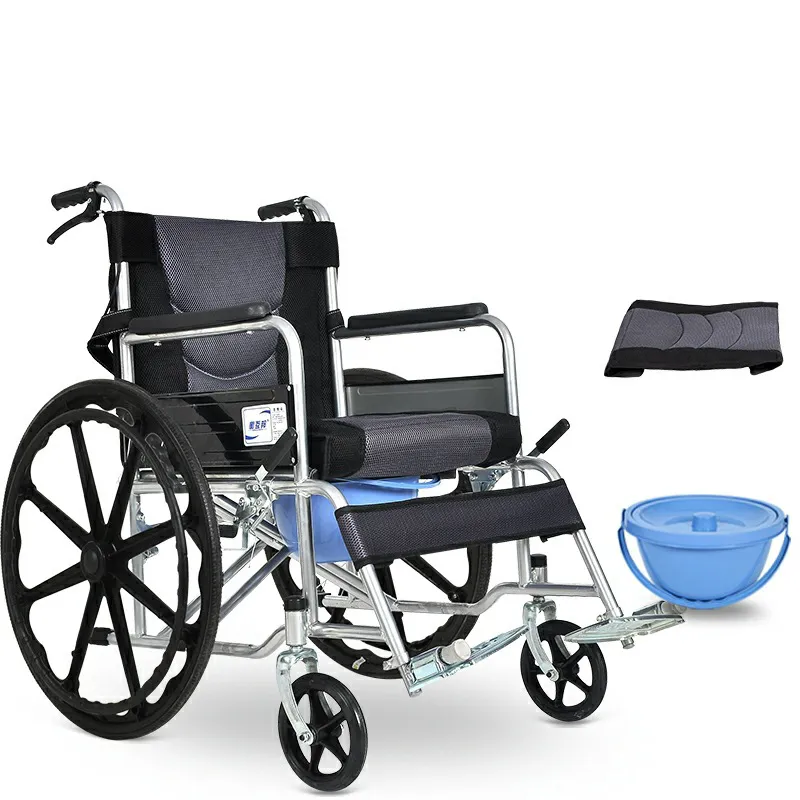
The manufacturing process ensures that the finished product not only meets functional requirements but also provides significant advantages in typical application scenarios. For instance, the robust construction of a steel manual wheelchair ensures exceptional stability and safety, even on uneven terrains, which is critical for outdoor use. The durable materials and meticulous welding contribute to excellent anti-corrosion properties, reducing maintenance needs and extending the product’s operational life in various climates. While directly "energy-saving" isn't a primary advantage of a manual device, its reliability and ease of use indirectly reduce the burden on caregivers and empower users, leading to more efficient daily routines. This comprehensive approach to manufacturing underpins the product's superior performance in real-world applications.
Application Scenarios and Strategic Advantages
The versatility of a folding manual wheelchair makes it indispensable across a myriad of application scenarios, catering to diverse needs ranging from temporary mobility assistance to permanent daily use. In healthcare institutions, such as hospitals, rehabilitation centers, and nursing homes, these wheelchairs are fundamental for patient transport, post-operative recovery, and therapy sessions. Their ease of maneuverability in confined spaces and simple maintenance make them ideal for high-traffic environments. For personal use, particularly within home care settings, a foldable manual wheelchair offers unparalleled convenience. Its ability to fold compactly allows for easy storage in smaller living spaces, car trunks, or on public transport, significantly enhancing user independence and travel flexibility.
Beyond traditional medical settings, these wheelchairs are increasingly vital for accessible travel and tourism, empowering individuals with mobility challenges to explore new destinations. Their robust construction, especially steel variants, ensures reliability on varied terrains, while the folding mechanism simplifies air and ground transportation logistics. Furthermore, in disaster relief efforts or emergency services, a durable and easily deployable manual wheelchair is crucial for evacuating and transporting injured individuals. The strategic advantages for B2B entities procuring these devices include their cost-effectiveness compared to powered alternatives, lower maintenance requirements, and inherent reliability due to fewer complex electronic components. These factors contribute to a lower total cost of ownership and higher operational efficiency, making them a preferred choice for large-scale deployments.
Comparative Analysis: Steel vs. Aluminum Folding Wheelchairs
Choosing the right material for a folding manual wheelchair is a critical decision for B2B buyers, primarily impacting the balance between durability, weight, and cost. Steel-framed wheelchairs, like the Folding Steel Manual Wheelchair With Great Price, are renowned for their exceptional strength and longevity. They can typically support higher weight capacities and are more resistant to impact, making them ideal for heavy-duty use or institutional settings where robustness is paramount. The initial investment for a steel model is often more economical, providing a high-value solution for large-volume procurement. However, steel wheelchairs are generally heavier, which can be a consideration for users or caregivers requiring frequent lifting for transport.
In contrast, aluminum manual wheelchair models excel in portability due to their lighter weight. This makes them highly preferred for individuals who frequently travel or need to load the wheelchair into a vehicle independently. Aluminum is also naturally corrosion-resistant, which can be an advantage in certain environments. However, aluminum frames, while strong, may not offer the same impact resistance or maximum weight capacity as their steel counterparts and often come at a higher price point. The decision ultimately hinges on the primary application: for robust, cost-efficient, and long-lasting solutions in high-usage scenarios, steel is often superior, while for ultimate portability and lightweight design, aluminum may be the better choice for a foldable manual wheelchair.
Material Comparison: Steel vs. Aluminum Wheelchairs
| Feature | Steel Frame Wheelchair | Aluminum Frame Wheelchair |
|---|---|---|
| Weight | Heavier (15-20 kg / 33-44 lbs) | Lighter (11-16 kg / 24-35 lbs) |
| Durability/Strength | Very High; excellent impact resistance | High; good strength-to-weight ratio |
| Cost | More economical | Higher initial cost |
| Corrosion Resistance | Requires coating/treatment | Natural resistance |
| Portability | Good (due to folding), but heavier to lift | Excellent; very easy to lift and transport |
| User Profile | General use, institutions, budget-conscious buyers, higher weight capacity needs | Active users, frequent travelers, independent users, those needing lightweight solutions |
Customized Solutions and Real-World Application Cases
While standard models of a folding manual wheelchair meet a wide range of needs, the ability to provide customized solutions is a significant value proposition for B2B partners. Customization can involve specific seat dimensions for bariatric patients, specialized anti-tipper mechanisms for enhanced safety on inclines, or unique color schemes for brand identity in rehabilitation centers. For example, a hospital chain might require a fleet of durable steel wheelchairs with specific, easy-to-clean upholstery and integrated IV pole holders, designed for heavy institutional use and rigorous cleaning protocols. This level of customization ensures that the product integrates seamlessly into existing operational frameworks and addresses unique patient demographics.
A notable application case involves a major international airline that partnered with a wheelchair manufacturer to procure lightweight, highly durable foldable manual wheelchair units for use within airport terminals and on board aircraft. The customized solution focused on ultra-compact folded dimensions to fit cabin storage, robust construction to withstand frequent handling, and non-marking wheels to protect airport flooring. Another instance is a large-scale non-profit organization providing mobility aids in developing regions. Their requirement centered on an extremely robust, easily repairable steel manual wheelchair with oversized rear wheels for navigating rough terrain, ensuring long-term usability and minimal maintenance in challenging environments. These cases demonstrate the critical role of tailored solutions in maximizing product utility and impact for specific B2B client needs.
Frequently Asked Questions (FAQ)
Q1: What are the key advantages of a steel folding manual wheelchair over an aluminum one for institutional use?
A steel folding manual wheelchair offers superior durability, higher weight capacity, and often a more economical price point, making it ideal for the rigorous demands of hospitals, nursing homes, and other high-usage institutional environments. Its robustness ensures a longer service life and reduced maintenance, contributing to a lower total cost of ownership. While heavier, for institutional settings where portability by caregivers is less of a primary concern than sheer resilience, steel is often the preferred choice. The longevity and reliability are paramount for continuous operational readiness.
Q2: What international quality standards should I look for when sourcing a manual wheelchair?
For B2B sourcing, prioritize manufacturers adhering to ISO 13485:2016 (Medical Devices Quality Management Systems), which signifies a commitment to comprehensive quality assurance throughout the product lifecycle. Compliance with relevant ANSI/RESNA standards, particularly ANSI/RESNA WC-1 and WC-2 (Wheelchairs and Related Seating), ensures that the product meets specific performance, safety, and durability benchmarks for wheelchairs. Furthermore, certifications like FDA registration for sales in the United States or CE marking for European markets indicate adherence to regulatory requirements and product safety.
Q3: What is the typical delivery cycle for bulk orders of foldable manual wheelchair units?
The delivery cycle for bulk orders of a foldable manual wheelchair can vary based on order volume, customization requirements, and the manufacturer's current production schedule. Typically, standard models for a significant bulk order might range from 4 to 8 weeks from order confirmation to shipment. For highly customized solutions or exceptionally large volumes, this period could extend to 10-14 weeks or more. We recommend engaging directly with our sales team to receive a precise lead time estimate tailored to your specific order and delivery destination, ensuring transparent planning for your procurement needs.
Q4: What kind of warranty and customer support are provided for your folding manual wheelchair products?
Our folding manual wheelchair products, including the Folding Steel Manual Wheelchair With Great Price, typically come with a comprehensive warranty covering manufacturing defects for a specified period (e.g., one year for the frame and six months for wearable parts like tires). We are committed to providing robust after-sales support, including readily available spare parts, technical assistance for maintenance and repairs, and dedicated customer service channels to address any inquiries or concerns promptly. Our aim is to ensure long-term satisfaction and operational efficiency for our B2B partners, reinforcing the reliability and trustworthiness of our products.
Authoritative References
- International Organization for Standardization. ISO 13485:2016 Medical devices – Quality management systems – Requirements for regulatory purposes.
- Rehabilitation Engineering and Assistive Technology Society of North America (RESNA). American National Standards for Wheelchairs.
- World Health Organization. Guidelines on the provision of manual wheelchairs in less-resourced settings.
- U.S. Food and Drug Administration. Medical Devices Classification - Manual Wheelchair.



